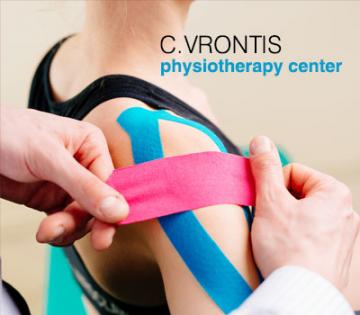In early 1999 two women with a past history of cancer met on an informal basis to share experiences and ideas as well as provide emotional support for each other. For some time it had been apparent that there were particular requirements for patients based overseas and attempting t...moreo cope with a diagnosis of cancer. The difficulties associated with coordinating treatment and care in the UK with the realities of work, family life and young children remaining in Cyprus was a constant cause for concern and raised many questions.Would it be possible for husbands, wives or children to accompany the patient? Where would they stay? Could they hire a car? How much would all this cost? Were they entitled to any help from the Services? Who should they ask for help? These and many other problems had to be dealt with as well as the emotional issues relating to a diagnosis of cancer. Later the same year and, in the space of a few weeks, there were five more potential cancer patients facing similar dilemmas. It rapidly became obvious to everybody, patients, partners and Health and Welfare professionals that there was now an urgent need to address the special requirements of those based in Cyprus. The experiences of all those involved and the interest of many who heard of the difficulties being encountered gave rise to the creation of the OPEN ARMS TPMH Cancer Patients’ Support Group. The Group provided a forum that enabed everybody to share their concerns, experiences and ideas. The health and welfare professionals were then able to see where their expertise could be best used. A recent consequence of this approach has been that a patient requiring radiotherapy has been treated in Cyprus rather than returning to the UK, which had the great advantage of reducing domestic disruption. This was the first major breakthrough in changing the way that Cancer patients serving in Cyprus are treated. Of course, much more work remains to be done to ensure that the patient receives the best possible care.
Open Arms
Description:












